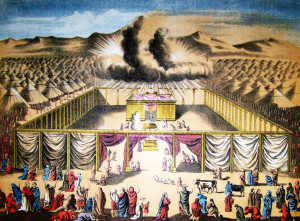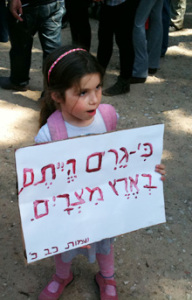They told us not to go to the rally, so we did not go. The rally was to highlight the unity and diversity of France, they said, not tourists. We are sure other tourists went anyway. We still stayed away, but this did not stop us from experiencing the rally from the streets of Paris, walking along Rue de Sebastopol and de Rivoli, the side streets of the Marais and the Siene:
Paris is on the streets today, up in arms over the recent slaughters at the Charlie Hebdo newspaper and the kosher supermarket. “Je Suis Charlie” is everywhere. On posters and buses and billboards, solidarity displays sanctioned by the government, but also spray painted on walls and sidewalks and streets. No attempts are being made, so far as we can see, to repair or hide these spontaneous acts of vandalism. Paris is Charlie. Outrage is on the streets today.



